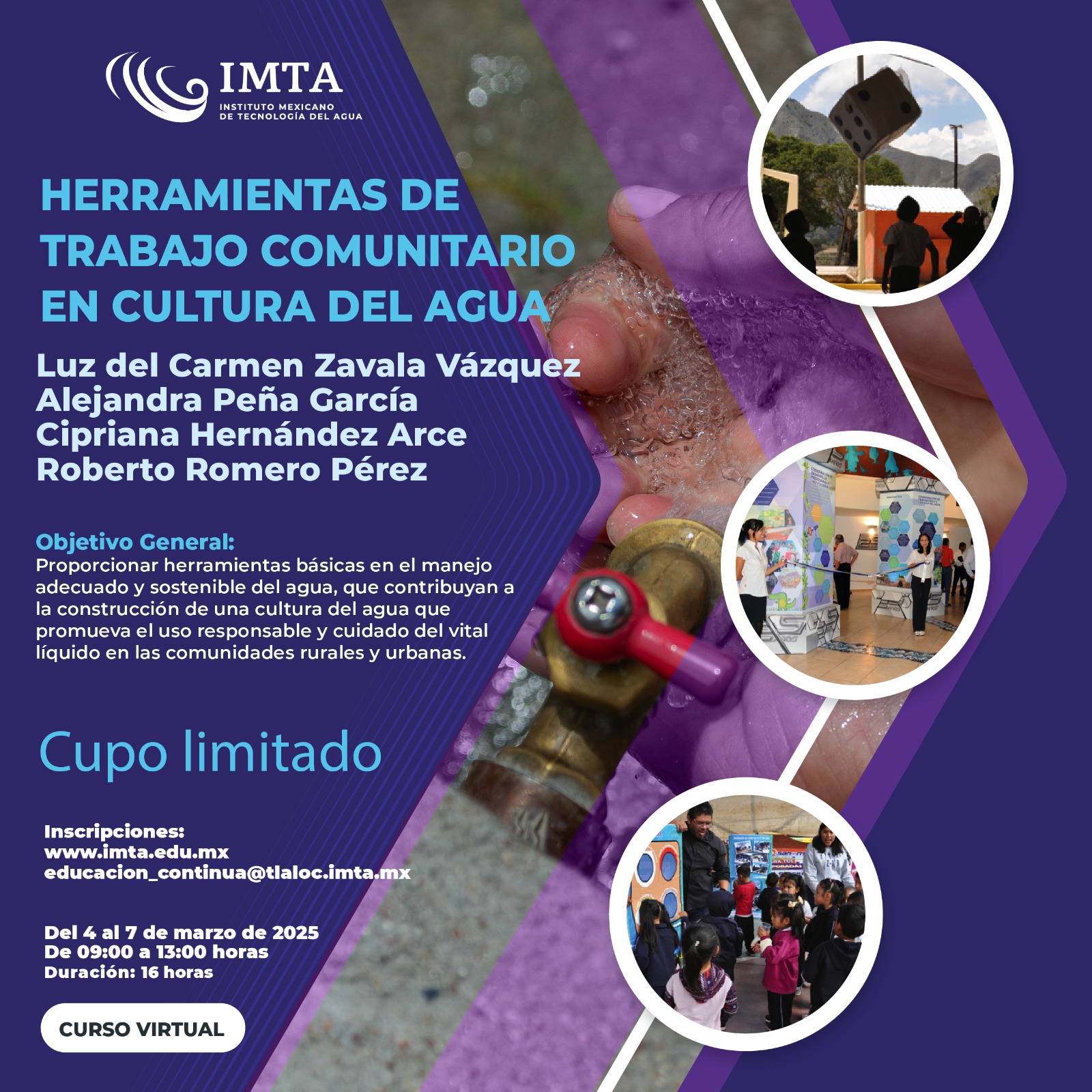So here we are, diving into a topic that's been making waves on the internet lately, and trust me, it's not just another viral sensation. The "Quiero Agua Video Gore" has become a buzzword, sparking curiosity and debates across platforms. If you're here, chances are you've stumbled upon mentions of this video or maybe you're just plain curious about what all the fuss is about. Let's break it down, shall we?
Now, before we dive deep into the details, let's set the record straight. The term "Quiero Agua" roughly translates to "I want water" in English. But don't be fooled by its seemingly innocent translation. This video has become infamous for reasons that go beyond the phrase itself. It's a perfect example of how content can spiral into something much bigger than its original intent.
So why are we talking about it? Because understanding phenomena like this helps us navigate the complex world of online content. It's not just about the video itself; it's about the impact it has on viewers, the discussions it ignites, and the lessons we can learn from it. Let's get started!
- Kid And His Mom Cctv The Untold Story Behind The Viral Moments
- Jackerman Mothers Warmth The Heartfelt Story That Touches Every Soul
What Exactly is the "Quiero Agua Video"?
Alright, let's get into the nitty-gritty. The "Quiero Agua Video" first surfaced as a seemingly harmless clip where a person requests water. However, as the video unfolds, things take a darker turn, leading to its classification as gore content. This transformation from a simple request to something more intense has made it a topic of interest for both casual viewers and content analysts.
Content creators and influencers have weighed in on the video, discussing its impact on mental health and the ethics of sharing such content. It's a perfect example of how a single video can spark a conversation about online safety, content regulation, and the responsibility of content creators.
Understanding the Viral Nature of Such Videos
Why do videos like these go viral? It's a mix of curiosity, shock value, and the human tendency to share content that evokes strong emotions. Platforms like YouTube, TikTok, and Reddit have seen a surge in discussions around the "Quiero Agua Video," with users dissecting every aspect of it. The virality of such content highlights the power of social media in shaping public perception.
- Lacy Kim Leaked The Untold Story Behind The Viral Sensation
- Jameliz Onlyfans Leaked The Untold Story You Need To Know
Experts in digital media have pointed out that the algorithmic nature of these platforms often prioritizes content that generates high engagement, regardless of its nature. This raises important questions about the role of tech companies in regulating content and protecting users from harmful material.
The Impact on Mental Health
Let's talk about the elephant in the room – the psychological impact of viewing gore content. Research has shown that exposure to violent or disturbing material can have lasting effects on mental health. The "Quiero Agua Video" is a prime example of how such content can affect viewers, especially those who stumble upon it unintentionally.
Mental health professionals have emphasized the importance of content warnings and age restrictions to protect vulnerable audiences. Platforms are increasingly being held accountable for the content they host, leading to stricter moderation policies. But is it enough?
Steps You Can Take to Protect Yourself
- Enable content filters on your preferred platforms to avoid unwanted exposure.
- Be mindful of what you share and consider the potential impact on others.
- Seek professional help if you find yourself affected by disturbing content.
Legal Implications and Content Regulation
Now, let's shift gears and talk about the legal side of things. Sharing gore content like the "Quiero Agua Video" can have serious legal consequences. Laws around the world vary, but most countries have strict regulations against distributing violent or harmful material.
Content creators and platforms must adhere to these laws to avoid penalties. The challenge lies in balancing freedom of expression with the need to protect users from harmful content. This ongoing debate highlights the complexities of regulating online content in a globalized world.
How Platforms Are Responding
Major platforms like YouTube and TikTok have implemented advanced algorithms to detect and remove harmful content. However, the sheer volume of uploads makes it a challenging task. User reports and community guidelines play a crucial role in maintaining a safe environment.
Transparency reports from these platforms provide insights into their efforts to combat harmful content. It's a collaborative effort between tech companies, governments, and users to create a safer online space.
Understanding the Appeal of Gore Content
Why are people drawn to gore content? It's a question that has puzzled psychologists and sociologists for years. The thrill of experiencing something taboo, combined with the anonymity of the internet, creates a perfect storm for the proliferation of such content.
Studies have shown that certain personality traits, such as sensation-seeking and curiosity, can make individuals more susceptible to viewing gore content. Understanding these factors can help in developing strategies to mitigate its impact.
Breaking Down the Psychology Behind It
Experts suggest that the appeal of gore content is rooted in our evolutionary instincts. Our brains are wired to pay attention to danger and threats, making violent content particularly attention-grabbing. However, repeated exposure can desensitize individuals, leading to potential long-term effects.
Educating users about the psychological impact of such content is crucial in promoting responsible consumption. It's not just about avoiding harmful material; it's about understanding why we're drawn to it in the first place.
Community Reactions and Discussions
The internet is a vast space, and with it comes diverse opinions. The "Quiero Agua Video" has sparked heated debates among online communities, with users sharing their thoughts on its impact and implications. Reddit threads and Twitter discussions have become battlegrounds for differing perspectives.
Some argue that the video is a form of digital activism, highlighting the darker side of human nature. Others believe it perpetuates harmful stereotypes and should be removed from platforms altogether. It's a complex issue with no easy answers.
Joining the Conversation
If you're interested in contributing to the discussion, there are plenty of forums and groups dedicated to analyzing online content. Engaging in respectful dialogue can help foster a better understanding of the issues at hand. Remember, it's important to approach these conversations with an open mind and a willingness to learn.
Lessons Learned from the "Quiero Agua" Phenomenon
So, what have we learned from this whole ordeal? The "Quiero Agua Video" serves as a reminder of the power and responsibility that comes with creating and sharing content online. It highlights the need for better regulation, education, and awareness surrounding harmful material.
Platforms, creators, and users all have a role to play in creating a safer digital environment. By working together, we can ensure that the internet remains a place of learning and connection, rather than a source of harm.
Key Takeaways
- Content regulation is crucial in protecting users from harmful material.
- Education and awareness can help mitigate the impact of disturbing content.
- Collaboration between stakeholders is essential in creating a safer online space.
Future Directions and Final Thoughts
As we move forward, it's important to stay informed about the latest trends and developments in online content. The "Quiero Agua Video" phenomenon is just one example of how quickly things can spiral on the internet. By staying vigilant and responsible, we can navigate this ever-evolving landscape with confidence.
So, what's next? Keep the conversation going by sharing your thoughts and experiences. Engage with communities, stay updated on platform policies, and most importantly, prioritize your mental health and well-being.
Call to Action
Leave a comment below and let us know your thoughts on the "Quiero Agua Video" phenomenon. Share this article with your friends and family to spread awareness about the importance of responsible content consumption. Together, we can make the internet a safer place for everyone.
And that's a wrap! Thanks for sticking around and diving into this topic with me. Remember, the internet is what we make of it, so let's make it a positive experience for all. Until next time, stay curious and stay safe!
- Lacy Kim Onlyfans Leak The Untold Story And What You Need To Know
- Kannada Movierulzcom Your Ultimate Guide To Streaming And Downloading Movies

.png?format=1500w)
